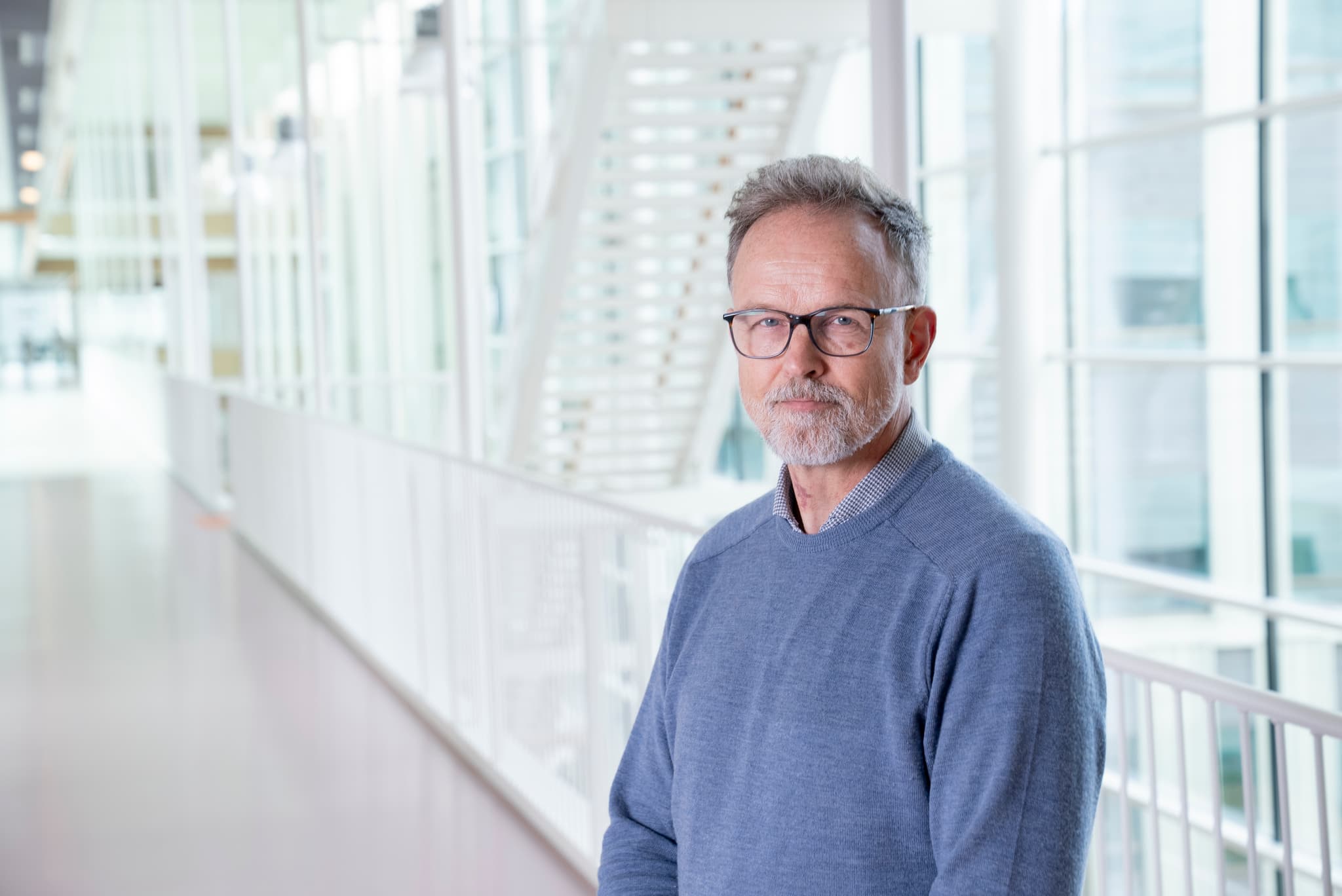‘Healthcare is unprepared for the good advice by Doctor ChatGPT’
Professor of AI-Guided Imaging Henkjan Huisman wants better and more affordable healthcare through research into the possibilities of AI.
Published on August 24, 2025

Team IO+ selects and features the most important news stories on innovation and technology, carefully curated by our editors.
Henkjan Huisman, recently appointed professor of AI-guided imaging at Radboudumc, aims to use his research to prepare the healthcare sector to deliver better and more cost-effective care using AI. The consequences of the large-scale changes in healthcare brought about by artificial intelligence are immense, he says. “Even with my 35 years of experience in medical AI research, it is a challenge to keep up with current developments in the field. We are halfway through 2025, and the best AI already matches the level of experts in many medical fields.”
In his research, Huisman focuses in particular on AI applications in medical imaging, the field that deals with creating images of the human body in order to diagnose, monitor, and treat diseases. Medical imaging uses various technologies, such as sound waves (ultrasound), magnetic fields (MRI), and radioactive substances (nuclear medicine). The use of artificial intelligence (AI) is becoming increasingly common in the analysis of these images.
“The potential consequences of this are enormous. I don't think healthcare is yet prepared for patients switching from the mediocre advice of Dr. Google to the often good advice of Dr. ChatGPT.” According to Huisman, both the testing and monitoring of AI are important, but a better organization is needed.
Reliable AI diagnostics
In his research, Henkjan Huisman looks at two types of “guidance,” or monitoring, of medical imaging by AI.
The first concerns the responsible use of AI. “We know how to build diagnostic AI that works at an expert level. We just lack confidence in the technology to enable efficient, safe, and affordable implementation,” says Huisman. “AI must be monitored, or ‘guided,’ by scalable, reliable benchmarks and monitoring systems that allow people to retain ultimate responsibility for AI.”
In the short term, such monitoring will make it possible to evaluate whether specific AI applications actually improve patients' lives. In the long term, this guidance must evolve into a continuously learning AI system under expert supervision. Such a system can help learn from yesterday's patients to provide better care for today's patients.
AI in MRI interventions
The second form of guidance concerns the role of AI in controlling imaging technology to support medical interventions. The focus here is on MRI imaging. AI makes it possible, for example, to automatically control an MRI to track an instrument more quickly, for example, during a biopsy. This makes treatment faster and more accurate.
Henkjan Huisman believes it is crucial that his research has social added value. “The ultimate goal of my team is to improve patient care, preferably in the short term. We use proven methods such as NWO Impact Pathway and Working Backwards. This ensures that all our research contributes to society.”
Henkjan Huisman studied Electrical Engineering in Delft, specializing in medical imaging. After graduating, he joined the Radiology Department at Radboudumc, where he has been working ever since. In 1998, he obtained his PhD for his research into analyzing liver tumor tissue using ultrasound.
